At GO2 Health, we’re always looking for ways to keep you informed about your health, both in and out of the doctor’s office. Bruxism is a term you may not have heard about before, but it is relatively common in veterans.
What is Bruxism?
Bruxism is the medical term for teeth grinding or jaw clenching and it’s usually involuntary (meaning you may not be aware that you’re doing it).1 Many people grind their teeth occasionally, and this usually isn’t a cause for concern. However, regular and persistent teeth grinding can cause damage to the teeth and lead to various oral health complications.
Types of Bruxism:
There are two types of bruxism:
– Awake Bruxism: This is teeth grinding that occurs when you’re awake. It is more common in females and is often related to emotions like anxiety, stress, anger, frustration or tension.
– Sleep Bruxism: This is when you clench or grind your teeth during sleep. It’s a sleep-related movement disorder and is more prevalent in children, though it can occur in adults too, especially those with PTSD.
Potential Causes:
The exact cause of bruxism remains unclear but is believed to be a combination of physical, psychological, and genetic factors. Some of these include stress and anxiety, post-traumatic stress disorder, airway problems, sleep disorders (like sleep apnoea), misaligned teeth, genetic predisposition and some medications/substances (e.g., antidepressants, tobacco, illegal drugs).
Consequences of Bruxism:
If left untreated, persistent bruxism can lead to:
- Dental Issues: Wear and tear on the enamel, increased tooth sensitivity, and even fractured teeth.
- Jaw Disorders: TMJ disorders can arise from the repeated pressure on the jaw.
- Facial Pain: This includes headaches or pain in the face and temples.
- Disrupted Sleep: Both for the individual and their bed partner.
- Other Complications: Such as limited jaw mobility or eating disorders.

How Can You Tell if You Have Bruxism?
According to the Better Health Channel (Victoria) there are a few signs that may suggest bruxism, but it’s important to see your healthcare practitioner or dentist for a formal diagnosis:
- Grinding sounds while asleep
- Waking up with a sore jaw or face
- Teeth that are flattened, chipped, or loose
- Increased tooth sensitivity
- Indentations on your tongue
Remember, it’s possible to have bruxism and be unaware of it until complications arise. Regular dental check-ups can help detect the signs early.
Treatment and Care
Fortunately, once bruxism has been identified, there are several ways to manage and treat it:
- Dental Care: Dentists might recommend splints or mouth guards to keep teeth separated and prevent grinding during sleep.
- Stress Reduction: Techniques like meditation, deep breathing, and psychological therapy can help manage the emotional triggers of bruxism.
- Avoidance of Stimulants: Cutting back on foods and drinks that contain caffeine, like colas, coffee, and chocolate, can help. Alcohol consumption and smoking are also potential triggers.
- Medications: In some severe cases, muscle relaxants or Botox injections might be prescribed.
- Addressing Sleep Disorders: If sleep bruxism is a result of sleep-related disorders, treating the primary disorder can reduce or eliminate the grinding.
What’s next?
Even though bruxism is relatively common, especially amongst veterans, it should not be taken lightly. It’s important to recognise the signs, understand the implications and seek appropriate treatment to minimise future adverse effects.
Bruxism is also recognised by the Department of Veterans’ Affairs and so DVA-funded treatment is available if you meet the eligibility criteria.2
We have dentists available to provide guidance, support and treatment for bruxism with no out-of-pocket dental examinations and dental claims for our GO2 Health Veterans. Dr Lani Guy recently spoke to our Instagram community about bruxism here and she consults from our practice once per fortnight.
Contact us on (07) 3355 5540 to make an appointment with Dr Lani.
References:
1 Better Health Channel (n.d.), Teeth Grinding. Retrieved from: https://www.betterhealth.vic.gov.au/health/conditionsandtreatments/teeth-grinding
2 Department of Veteran’s Affairs (2020). Bruxism and access to dental treatment. Retrieved from: https://www.dva.gov.au/get-support/health-support/health-services/dental-care/bruxism-and-access-dental-treatment


